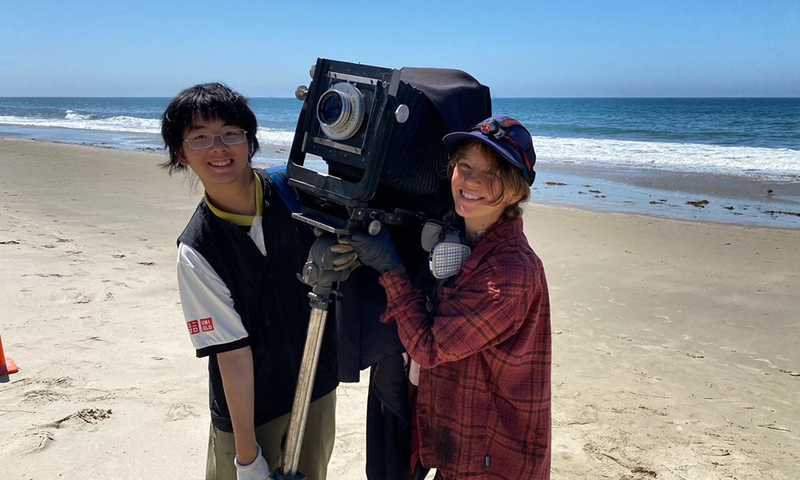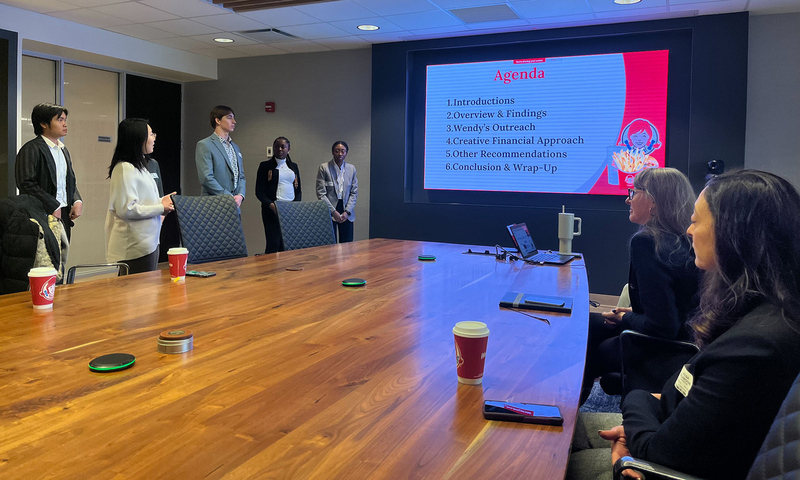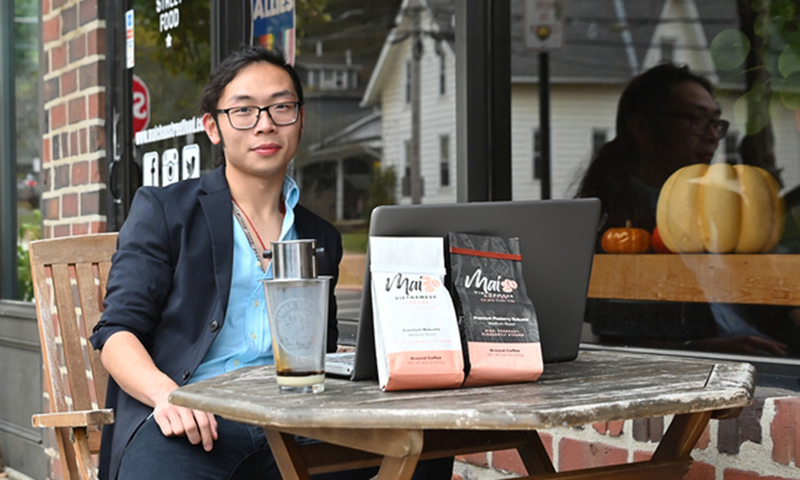Like every other college senior in 2020, my job search and post-college plans last spring were completely disrupted by COVID-19. I’d been preparing and searching for in-office positions with small innovative startups, but when COVID hit, most companies were caught in the uncertainty of the moment, and many of them paused all hiring.
Of course it was an incredibly difficult time for job-seekers, even to receive an application response. Difficult for companies too. Between juggling classes, my senior project, and my job search it was fair to say that I was a little bit stressed out about what to do — graduation approached, and my search had reached a standstill.
I heard about the Red Frame Lab’s summer internship opportunity, but honestly, at first, I was a bit skeptical of the idea. I mean, how much work could we really get done in 4-weeks while working remotely? Thanks to some advice and encouragement from my great mentors at Denison, I decided to apply anyway. It turned out to be one of the best decisions I could’ve made as a graduating senior. Looking back, even if I’d already had a job lined-up, this would have still been a great opportunity.
On Day 2 of the internship, I found myself in a Zoom Breakout Room with three other Denison students, and none of us previously knew each other. Our team was spread across four different U.S. time zones.
Our task was to create something we knew nothing about: our client needed us to come up with a “Supplier Scorecard Template to measure Key Performance Indicators, or KPIs.” All right. A supplier scorecard is tool used by businesses to monitor their relationships with vendors/suppliers — a way to make sure the relationship is financially beneficial as well as to see where there might be areas for improvement. The supplier scorecard is an important factor in evaluating an organization’s Key Performance Indicators, which are the measurable factors that show how successful they’ve been at reaching their business goals.
As I said, none of us knew anything about supplier KPIs, how to measure them, or what a supplier scorecard even looked like. Despite our extreme lack of knowledge, we introduced ourselves and got to work. By the end of our 4-week project, we had successfully completed our Supplier Scorecard task and also created a user manual for the scorecard and a short handout on how to properly clean the data they wished to use in the scorecard (this also outlined best practices for clean data in general).
When we handed it over to our client, they were ecstatic about the results. The CEO was delighted with the outcome. When contacted recently and asked if she would be interested in another Red Frame Lab consulting team, she instantly responded “I’ll take two teams!”
By the end of July, I was able to land a position with a ten-person startup which had just decided to shift entirely to remote working. My transition to this new position wouldn’t have been nearly as smooth as it was without the experience I gained before leaving Denison.
The Red Frame Consulting Internship gave me the chance to test my problem-solving skills in a real professional setting doing real work for a real client. The results of our project would actually impact the way our client operated the business.
Looking back, I can see how I learned to work with a team, the importance of task prioritization, and so many other professional skills that I now use daily. It also helped me recognize the opportunity that remote work presents to my generation. I’m incredibly grateful to the Denison staff and the Red Frame Consulting Internship, which gave me an excellent leg-up into the working world.
Jake Coplin ’20 graduated with a self-designed major, “Integrated Science and Design” combining physics, computer science, and studio art.






